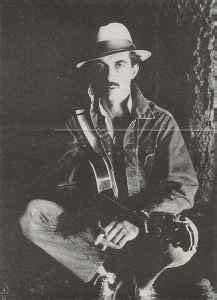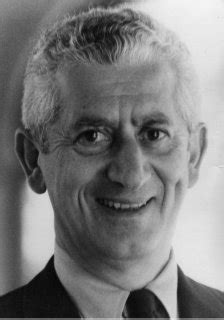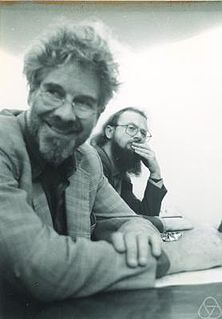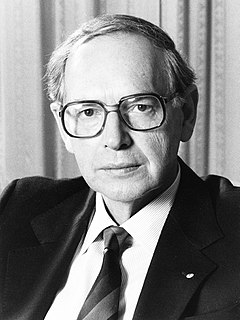A Quote by Leonid Shamkovich
The proper timing of an attacking plan is a difficult matter which places great strain on a player's nerves. Mastery of this art is required for success in the international arena, but perfect mastery eludes even the very best chessplayers!
Related Quotes
Mastery requires endurance. Mastery, a word we don’t use often, is not the equivalent of what we might consider its cognate—perfectionism—an inhuman aim motivated by a concern with how others view us. Mastery is also not the same as success—an event-based victory based on a peak point, a punctuated moment in time. Mastery is not merely a commitment to a goal, but to a curved-line, constant pursuit.
The price that must be paid for mastery is discipline. No one achieves lasting success without it. So from the moment you awake each day, devote yourself to the perfection of whatever you pursue. Do this and you will achieve self-mastery. Achieve self-mastery and you will have the makings of a great leader... Discipline is all about cultivating powerful habits that become part of your lifestyle.
The oldest problem in economic education is how to exclude the incompetent. A certain glib mastery of verbiage-the ability to speak portentously and sententiously about the relation of money supply to the price level-is easy for the unlearned and may even be aided by a mildly enfeebled intellect. The requirement that there be ability to master difficult models, including ones for which mathematical competence is required, is a highly useful screening device.
The care leadership strategy is simple: be a model. Commit yourself to your own personal mastery. Talking about personal mastery may open people's minds somewhat, but actions always speak louder than words. There is nothing more powerful you can do to encourage others in their quest for personal mastery than to be serious in your own quest.
There is a fluency and an ease with which true mastery and expertise always expresses itself, whether it be in writing, whether it be in a mathematical proof, whether it be in a dance that you see on stage, really in every domain. But I think the question is, you know, where does that fluency and mastery come from?
The emerging picture from such studies is that ten thousand hours of practice is required to achieve the level of mastery associated with being a world-class expert - in anything. In study after study, of composers, basketball players, fiction writers, ice skaters, concert pianists, chess players, master criminals, and what have you, this number comes up again and again…no one has yet found a case in which true world-class expertise was accomplished in less time. It seems that it takes the brain this long to assimilate all that it needs to know to achieve true mastery.






































